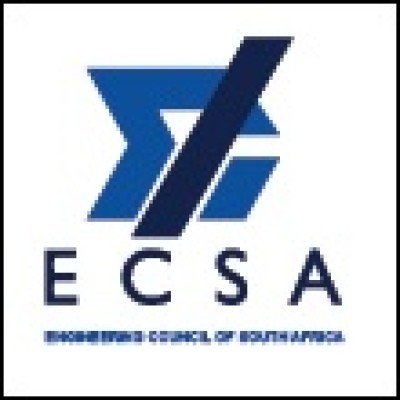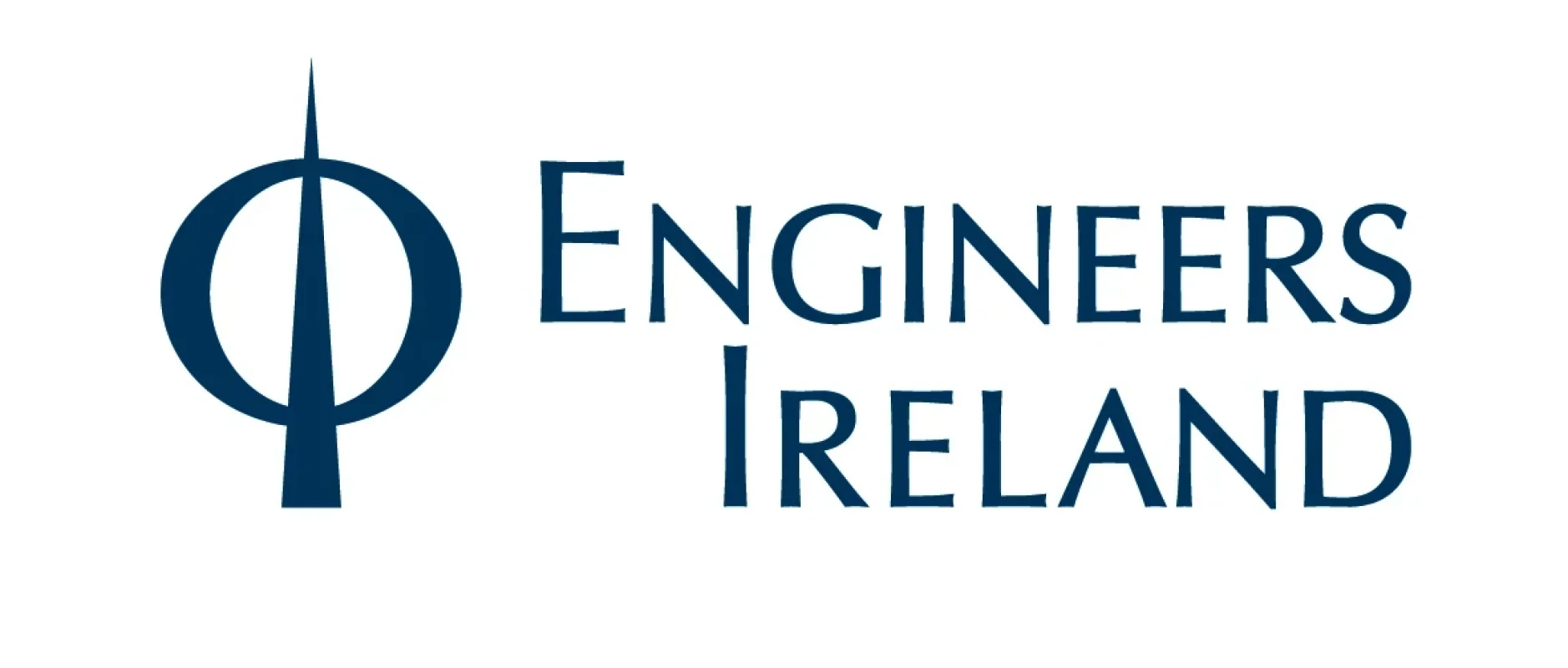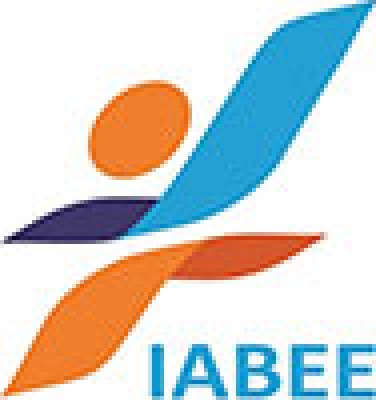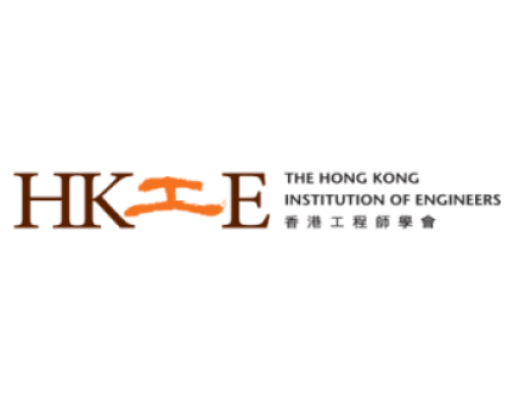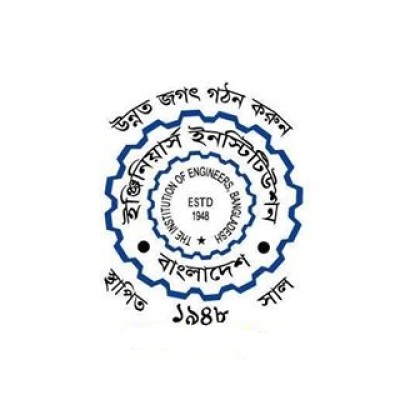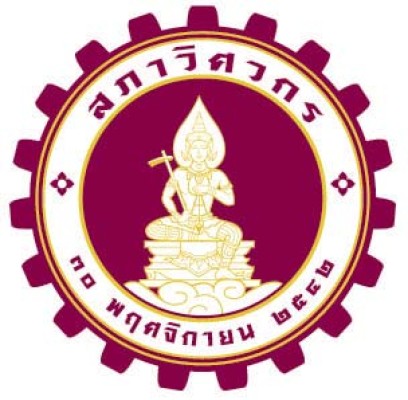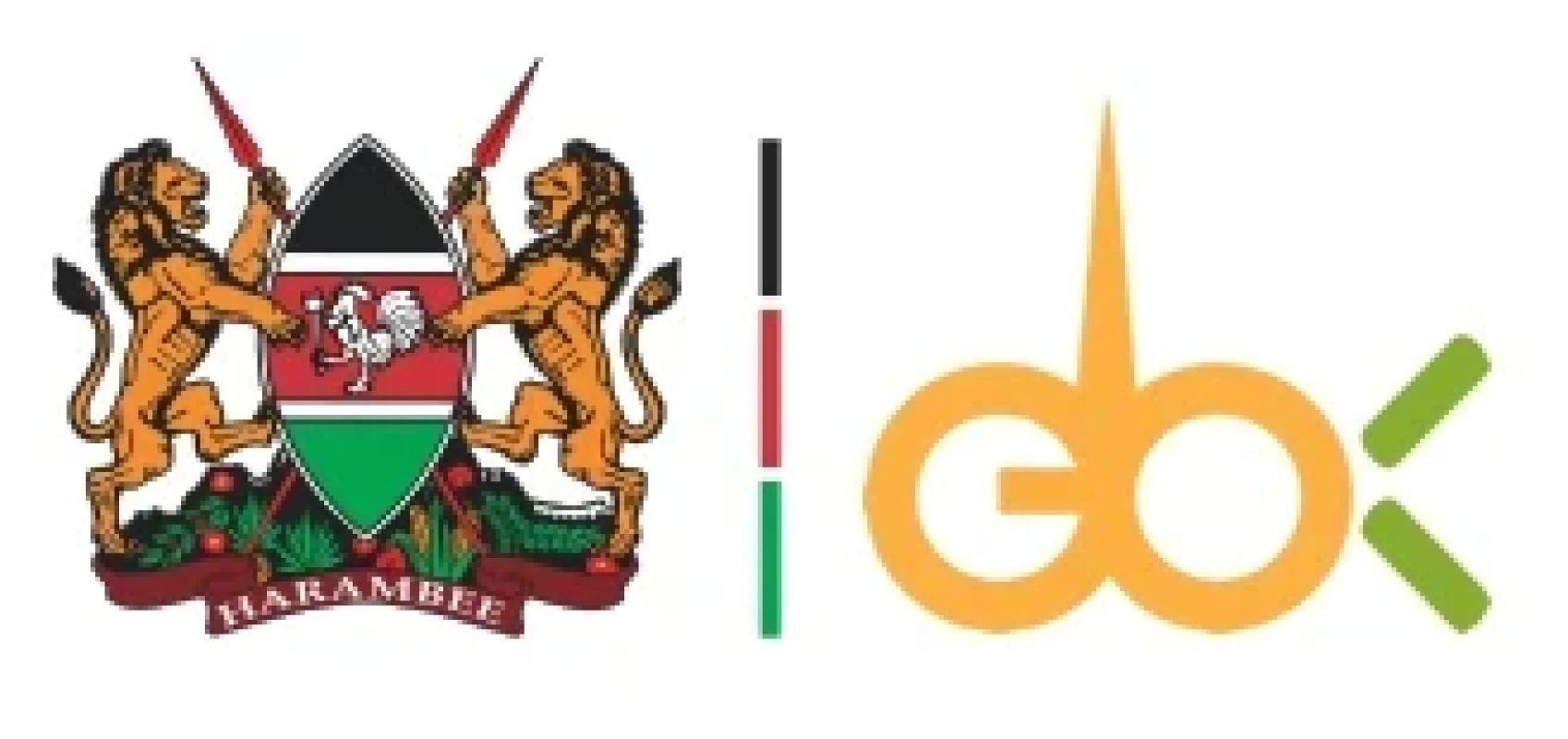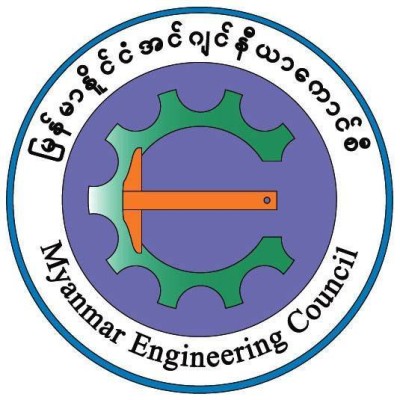The Washington Accord is an international agreement between organisations responsible for accrediting professional engineering degree programmes.
Overview
The Washington Accord, initiated in 1989, is an agreement among entities responsible for accrediting tertiary-level engineering qualifications. Together, they aim to facilitate the global mobility of professional engineers.
Aligned with similar agreements, signatories of the Washington Accord are dedicated to enhancing engineering education standards. They collaborate on initiatives such as defining the skills expected of graduates from various engineering programs. This cooperation fosters the international recognition of engineering qualifications.
The focus of the Washington Accord is on university programs that prepare students for professional engineering roles. It emphasises the importance of accrediting these programs to ensure that engineers are adequately trained for their careers.
Under the Accord, accredited engineering degree programs from one member organisation are mutually recognised by all others. This establishes a common standard for quality professional engineering education across participating entities.

“The Washington Accord model has become the international gold standard for mutual recognition of engineering education.”
Former Director General, The Institution of Engineers of Ireland (Now Engineers Ireland)
The Knowledge and Attitude Profile
The Washington Accord establishes a knowledge and attitude profile defining essential knowledge for professional engineering practice. The knowledge & attitude profile covers core engineering principles, mathematical foundations, and technical skills. The graduate attributes emphasises ethical reasoning, professional responsibility, and lifelong learning. Together, these profiles ensure graduates meet internationally recognised standards for engineering practice.

Natural and social sciences
A systematic, theory-based understanding of the natural sciences applicable to the discipline and awareness of relevant social sciences

Mathematics
Conceptually-based mathematics, numerical analysis, data analysis, statistics and formal aspects of computer and information science to support detailed analysis and modelling applicable to the discipline

Engineering fundamentals
A systematic, theory-based formulation of engineering fundamentals required in the engineering discipline

Specialist knowledge
Engineering specialist knowledge that provides theoretical frameworks and bodies of knowledge for the accepted practice areas in the engineering discipline; much is at the forefront of the discipline.

Engineering design & operations
Knowledge, including efficient resource use, environmental impacts, whole-life cost, re-use of resources, net zero carbon, and similar concepts, that supports engineering design and operations in a practice area

Engineering practice
Knowledge of engineering practice (technology) in the practice areas in the engineering discipline

Role of engineering in society
Knowledge of the role of engineering in society and identified issues in engineering practice in the discipline, such as the professional responsibility of an engineer to public safety and sustainable development.

Research literature
Engagement with selected knowledge in the current research literature of the discipline, awareness of the power of critical thinking and creative approaches to evaluate emerging issues

Ethics and conduct
Ethics, inclusive behaviour and conduct. Knowledge of professional ethics, responsibilities, and norms of engineering practice. Awareness of the need for diversity by reason of ethnicity, gender, age, physical ability etc. with mutual understanding and respect, and of inclusive attitudes
The Graduate Attributes Profile
The International Engineering Alliance's Graduate Attributes and Professional Competencies framework establishes international benchmarks for engineering education, emphasising sustainability, ethics, and global competence recognition.

Engineering Knowledge
Apply knowledge of mathematics, natural science, computing and engineering fundamentals, and an engineering specialization as specified in WK1 to WK4 respectively to develop solutions to complex engineering problems

Problem Analysis
Identify, formulate, research literature and analyse complex engineering problems reaching substantiated conclusions using first principles of mathematics, natural sciences and engineering sciences with holistic considerations for sustainable development

Design/Development of solutions
Design creative solutions for complex engineering problems and design systems, components or processes to meet identified needs with appropriate consideration for public health and safety, whole-life cost, net zero carbon as well as resource, cultural, societal, and environmental considerations as required

Investigation
Conduct investigations of complex engineering problems using research methods including researchbased knowledge, design of experiments, analysis and interpretation of data, and synthesis of information to provide valid conclusions

Tool Usage
Create, select and apply, and recognize limitations of appropriate techniques, resources, and modern engineering and IT tools, including prediction and modelling, to complex engineering problems

The Engineer and the World
When solving complex engineering problems, analyse and evaluate sustainable development impacts* to: society, the economy, sustainability, health and safety, legal frameworks, and the environment

Ethics
Apply ethical principles and commit to professional ethics and norms of engineering practice and adhere to relevant national and international laws. Demonstrate an understanding of the need for diversity and inclusion

Individual and Collaborative Team work
Function effectively as an individual, and as a member or leader in diverse and inclusive teams and in multi-disciplinary, face-to-face, remote and distributed settings

Communication
Communicate effectively and inclusively on complex engineering activities with the engineering community and with society at large, such as being able to comprehend and write effective reports and design documentation, make effective presentations, taking into account cultural, language, and learning differences.

Project Management and Finance
Apply knowledge and understanding of engineering management principles and economic decision-making and apply these to one’s own work, as a member and leader in a team, and to manage projects and in multidisciplinary environments.

Lifelong learning
Recognise the need for, and have the preparation and ability for i) independent and life-long learning ii) adaptability to new and emerging technologies and iii) critical thinking in the broadest context of technological change
Full Signatories (25)
There are currently 25 full signatories of the Washington Accord, representing engineering accreditation bodies that ensure consistent undergraduate engineering education standards worldwide.
Substantial equivalence of the accredited programs in the respective jurisdictions are validated one year prior to the year of admission.
Provisional Signatories (7)
There are currently six provisional signatories of the Washington Accord, representing engineering accreditation bodies working toward full recognition and developing their procedures to meet accord standards.
Executive Committee
The Washington Accord Executive Committee provides strategic leadership and oversight, coordinating activities among signatory members and ensuring consistent implementation of accord standards and policies worldwide.
Chair
Dr Kai Sang Lock
Chair - Washington Accord
Deputy Chair
Prof Arif Bulent Ozguler
Deputy Chair - Washington Accord






